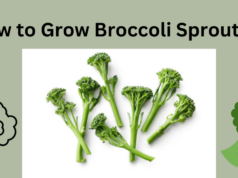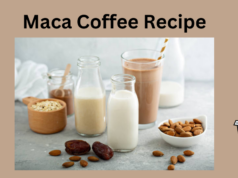Obtaining Fresh Herbs
Delicate tasting herbs, such as basil, chervil and parsley, should only be used fresh as they loose most of their flavor and aromatic qualities when dried. The produce section of most grocery stores carry a wide variety of fresh herbs on a year-round basis. The local farmer’s market can be perused to see if any of the vendors offer fresh herbs for sale. The majority of farmer’s markets are only open one-day per week. However, The Farmer’s Market in Ashville, North Carolina is under permanent cover and is open 7-days a week on a year round basis. Check the schedule of the farmer’s markets in the neighborhood to find out when they are open.
Community Supported Agriculture
Community Supported Agriculture may be offered in the local area. CSA’s are run by small local farms who deliver fresh produce direct to their subscribers doorstep. If the subscriber lives close to the farm, they can arrange to pickup the produce in person which will save a few dollars in delivery charges. Subsriptions may be purchased for as little as one weeks worth of deliveries, or sign up for the entire growing season. The CSA will deliver a box of fresh produce, reflecting whatever is being harvested on the farm that week, including vegetables, edible flowers and herbs.
Growing Herbs
Another option is to plant a garden and grow herbs that have been started from seeds, or buy established herb plants from a nursery or garden center. If purchasing established plants, either transplant them to the outdoor garden, or transplant them to larger containers in order to establish an indoor herb garden. Growing herbs indoors in containers is also a way to ensure that a supply of fresh herbs is available throughout the winter. Container grown plants can be brought outdoors when the weather warms up if desired.
Wild-Crafting Herbs
Another way to collect fresh herbs is to harvest them in their natural habitat. This type of plant collecting is sometimes referred to as wild-crafting. Plants such as dandelion, lamb’s quarters and purslane can often be found growing in the wild in uncultivated fields.
Use common sense when collecting herbs in the wild. Make sure permission has been obtained from the land owner where the herbs are being collected, and make certain that the plants have not been sprayed with any harmful chemicals or pesticides. Choose a location that is away from the contamination of car and vehicle exhaust fumes, as might be found around empty lots near major roads and highways.
Proper Identification
Make sure to properly identify the material that is being collected, consult a good field guide on wild plants to make sure of the identification. Many of the more popular herbs such as ginseng, golden seal, trillium and echinacea have been over harvested in recent years. Never harvest any of these endangered species from the wild.


















